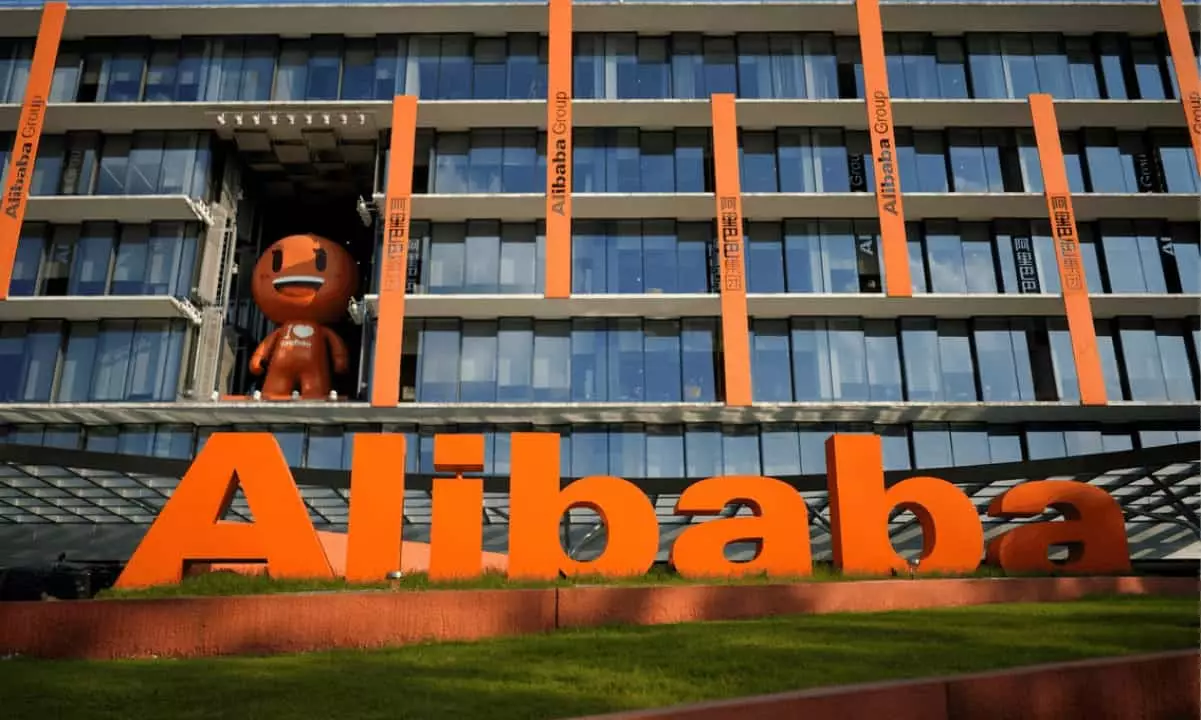In a move that resonates with the recent actions of several leading technology firms, Alibaba has decided to downsize its metaverse operations. This strategic restructuring aims to enhance operational efficiency within Yuanjing, Alibaba’s dedicated metaverse division. Reports indicate that this reorganization led to the layoffs of “dozens” of employees, a significant shift considering that this unit was initially staffed by hundreds and had attracted substantial investments in the billions of yuan. This decision reflects a critical evaluation of metaverse investments amid a changing market landscape.
The layoffs have predominantly affected the operations of Yuanjing in major cities like Shanghai and Hangzhou, which were previously hubs of activity for Alibaba’s metaverse ambitions. Although the workforce reduction may seem drastic, the company has clarified that the metaverse unit will continue to operate, albeit with a narrowed focus on applications and services that are directly customer-oriented. This pivot illustrates a strategic effort to streamline operations while still participating in the evolving metaverse landscape, albeit in a more selective manner.
Amid these transitions, Alibaba is not entirely withdrawing from the metaverse sector. The company has actively pursued investments, such as a notable $60 million in Nreal, a Chinese company focused on augmented reality (AR) glasses. This investment underscores the growing consensus among industry leaders that AR, virtual reality (VR), and mixed reality (MR) technologies will play a critical role in facilitating user engagement with metaverse environments. Additionally, Yuanjing’s previous development of a cloud-based operating system illustrates the potential applications of metaverse technologies, spanning both the gaming sector and industrial applications.
Alibaba’s downsizing reflects a larger trend within the tech industry. Major firms are reevaluating their unchecked enthusiasm for the metaverse, particularly in light of competing priorities in artificial intelligence (AI). For instance, last year, Meta Platforms made headlines for its layoffs involving teams focused on metaverse initiatives as it redirected resources to bolster its AI capabilities. Similarly, Baidu recently saw a change in leadership within its metaverse division, further emphasizing the shift towards more immediate technological advancements in AI following the rise of ChatGPT.
Despite the scaled-back approach to the metaverse, market data suggests persistent growth potential within this sector. Global Markets Insights valued the industrial metaverse market at approximately $22.4 billion in 2023, with projections estimating a compound annual growth rate (CAGR) of 29.5% from 2024 to 2032. This indicates that while immediate interest may have moderated, there remains a robust foundation for future expansion.
Alibaba’s metaverse restructuring resonates with a broader narrative in the tech industry that seeks to balance innovation with practical economic considerations. As companies adjust their strategies, the focus may increasingly shift toward areas with more immediate returns, yet the metaverse continues to hold significance as an emergent sector with long-term potential.














Leave a Reply